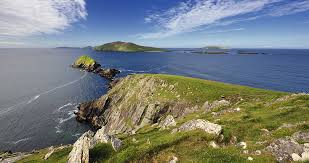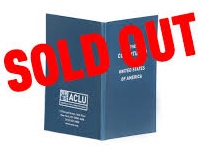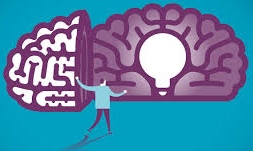
The Best We Can Do?
It’s strange what you remember, and don’t remember, in old age.
I remember, for instance, the oddity of the snail darter – a tiny, seemingly insignificant fish that stopped for two years construction of the $487 million (in today’s dollars) Tellico Dam on the Tennessee River 45 years ago. The fish species had recently been discovered and environmental groups took the dam authority to court to stop construction.
Protection of the snail darter at the expense of the dam construction was a raging controversy. But eventually, the dam project was exempted from the U.S. Endangered Species Act and was completed. The snail darters were also saved from possible extinction after biologists moved them to other rivers.
What does this all have to do with the search for God?
Nothing More Controversial?
It’s just that in an attempt to help people who have given up on God and/or religion, I try not to shy away from controversies surrounding religious belief, and there’s nothing more controversial than abortion. And if the snail darter was worth saving – and I believe it was important to save a possibly extinct species – does it not make sense to save developing humans?
First, I believe that if you want to call yourself pro-life, you logically can’t be against immigrants, help for the poor and gun control and favor capital punishment, euthanasia and war. Cardinal Joseph Bernadin, the archbishop of Chicago who died in 1996, popularized the idea of the “seamless garment.” Comparing it to Jesus’ garment for which his executioners cast lots, the idea is that all these issues are linked as “pro-life.”
Framing the Issue
“Pro-choice” advocates have done a masterful job of framing the issue. In the arena of public opinion, they have successfully deemed abortion a women’s issue, saying that abortion is simply women’s health care and a matter of males wanting control over women’s bodies. They have practically eliminated any discussion of abortion as an ethical, moral or human issue.
I’m an advocate for women’s rights. I favor equal pay, abolition of “glass ceilings” for women’s advancement and equal protection under the law. Throughout history, women have drawn the short straw, so often being victims of macho domination and violence. I’m happy that’s changing, but not at the expense of other human beings or potential human beings, at least half of whom are females.
From the perspective of one searching for God in the Christian tradition, I think abortion is the wrong choice. It’s true that poor women, especially, often find themselves in a bind – financially and otherwise – when faced with an unwanted pregnancy. So, what we can do to minimize this problem short of eliminating developing humans.
I’m puzzled by pleas such as, “Bans Off Our Bodies.” To say that a fetus within the body of its mother, though completely dependent on her for nutrition and protection, is part of the mother’s body, like a pancreas or kidney, is simply not true. Besides being genetically distinct, having genes from both parents and grandparents, the unborn possesses separate circulatory, nervous, and endocrine systems. It’s a separate human being or potential human being.
Nothing on Abortion
As for the search for God in the Christian tradition, it’s true that as far as we know, Jesus said nothing on the subject of abortion. But he endorsed the Ten Commandments, one of which is a proscription against killing. And he spent the greater part of his adult life trying to heal people, physically, emotionally and spiritually. I can’t imagine that he would endorse killing (and let’s use the right word here) an unborn human being.
“I have come to bring them life,” Jesus said, while explaining his parable about the sheep and the Good Shepherd in John’s gospel, “and far more life than before.”
I understand that many people who favor abortion as a right, also believe theirs is a moral and ethical issue. I’d like to hear their moral and ethical arguments.
Meanwhile, I can only ask again, if the snail darter is worth saving, why not a developing human? Is abortion the best we can do?




